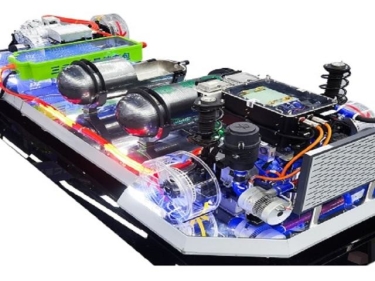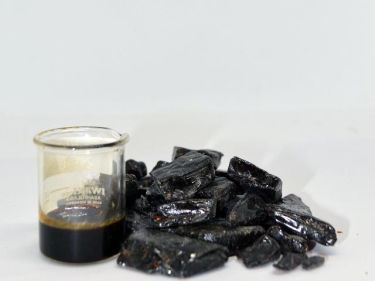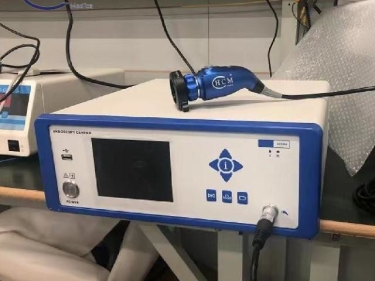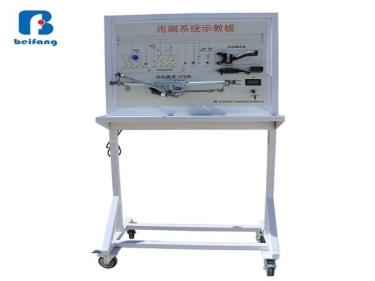SMEs Get Concerned about the Impact of Inflation
An increasing number of SMEs are getting concerned about the long-term effects of rising inflation as a result of the COVID-19 pandemic. Check out our blog to learn more.

Federal Reserve Chair Jerome Powell once again confirmed the central bank's position that the currently rising inflation levels are only transitory. While some inflation pressures are stronger and more persistent than expected, they are still not on par with some of the worst episodes in US history.
Rates are not expected to rise until at least 2023. According to Powell, the rising prices are the result of supply chain bottlenecks caused by the ongoing pandemic in many parts of the world, as well as pent-up demand in areas where vaccinations have advanced well. In other words, he believes a majority of the recent inflation surge is due to the recent economic reopening, and these issues will naturally "resolve themselves" in a couple of months.
Whether this statement is true or not, SMEs still need to think about the consequences of rising inflation on their business. Here are three things to consider:
1. Input Prices
If prices rise, production will become more expensive. For example, timber prices and the cost of metals such as copper have recently increased significantly. Businesses that rely on these raw materials are faced with a sudden increase in cost, which leaves them with two choices: First, absorb the cost and hope Powell is right in saying the inflation is temporary. Second, raise prices and pass on the inflation to customers.

2. Output Prices
Raising output prices is a challenge, in particular, for small and medium-sized enterprises (SMEs). Their larger counterparts often have more room to compete on price because of their scale and power to negotiate lower input prices. As larger companies will be able to keep their prices low for a longer time, SMEs could struggle to stay competitive.
3. Treasury
Inflation means cash reserves lose value. Corporates usually diversify their cash reserves, while SMEs might keep their money in a bank account. This is a risk most SMEs can only do very little about. Companies that hold a long-term cash reserve could think about shifting their money into inflation-protected bonds.
Work with Export Portal
At Export Portal, we understand how difficult penetrating new markets can be. That is why we have collaborated with different experts to keep you informed and updated. Check out our site today and learn more about how we can help you expand your business.


















Comments 2